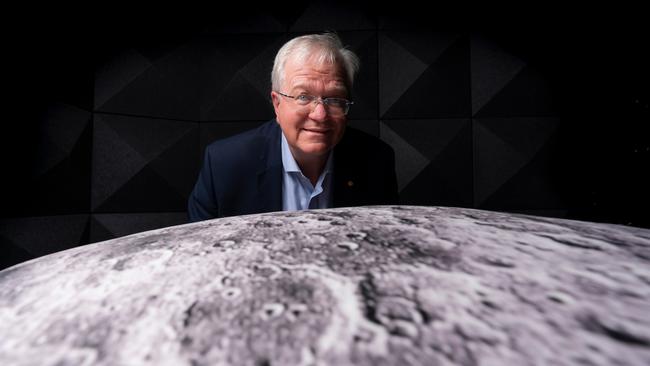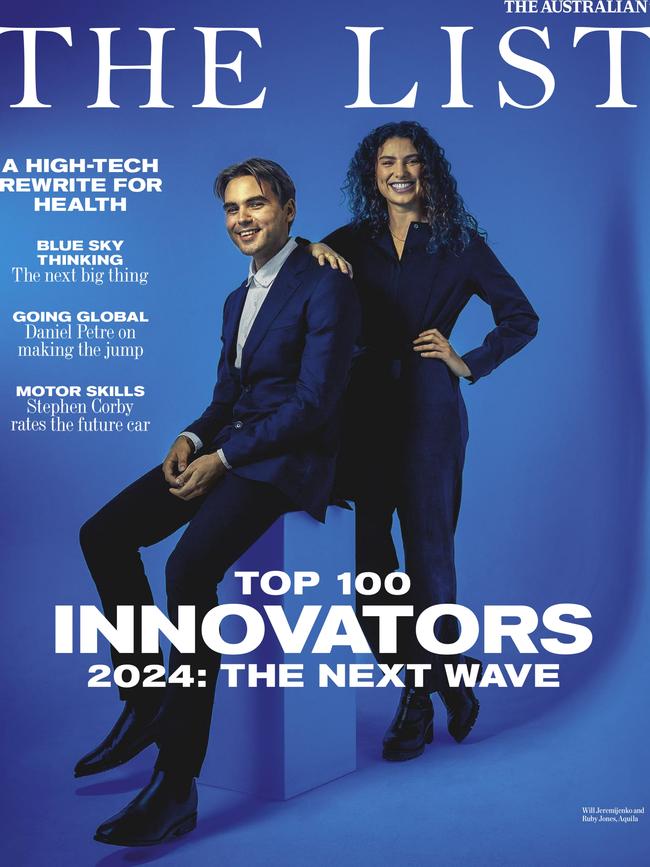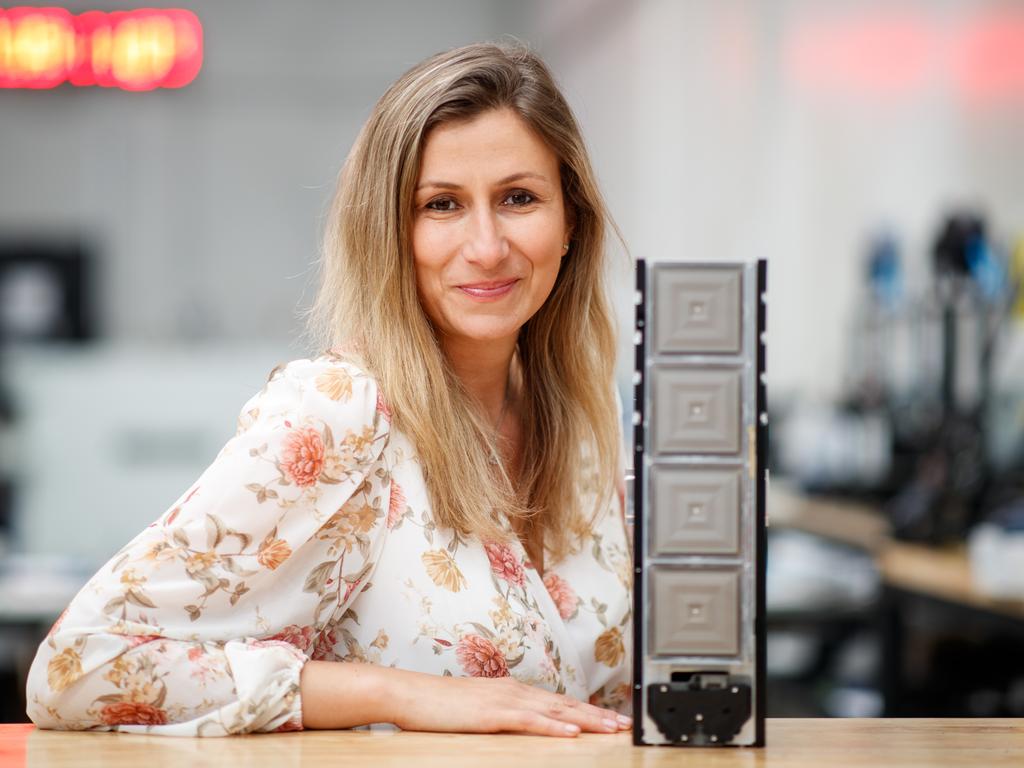Australia needs to lift its game in science research: Brian Schmidt
A Nobel prize winner predicts the next big thing in Australian innovation — driven by energy, agriculture and mining.

Brian Schmidt has a Nobel prize in Physics and an outstanding CV, including eight years as vice-chancellor of the Australian National University. Here are his predictions for the next big ideas and also about what is holding us back.
This is an article from The List: Innovators 2024, which is announced in full on October 18.
We like to think we’re problem-solvers, but how innovative are we?
We are innovative to a point. We suffer from a very poor ecosystem that supports innovation. Part of that is being an economy of 27 million people and a long way away from other parts of the world, so that’s an obstacle we have to overcome.
But as an ecosystem, there are positive things: we are culturally allowed – and, I would argue, encouraged – to be unorthodox and prepared to take risks. That’s good, but we have to marry that strength of our culture with the obstacles of being a small economy.
What holds back your astronomy research now?
Australia has chosen to invest in astronomy alongside the best nations in the world, so I have had access, and have access, to outstanding equipment.
However, this is under threat – that is, we may choose not to invest in the future, and that would dramatically curtail my ability to do things that are world class. In my area specifically, I need telescopes, and if I suddenly don’t have access to telescopes, I can go and shake a can and beg.
But that doesn’t allow you to actually lead – you sort of survive. Australia, when it chooses to invest, can be as good as anywhere in the world, but it has to choose to invest.
So why don’t we choose to invest?
It comes down to not being a political priority. I think a lot of it comes down to David Horne’s The Lucky Country. Life has been pretty easy for us; we dig things out of the ground and these resources are taking care of us. So the connection of our affluence to our research investment – which I see absolutely buried in the psyche of the US, of China, of Europe – just isn’t in place here.

I’m worried our luck could run out if we’re not careful. We’ve always been prepared to spend the money in other places as a priority; we’ve always been bailed out by our resources, and we’ve had a really good 30 years. [But] we might find ourselves, like in the 1970s, in a period of decline, and then it might sharpen the focus.
There’s nothing like a little bit of geopolitical uncertainty also to remind us that World War II was won by technology more than anything. And so there are reasons to do it that are quite existential for the next 50 years. But at this point, it is just simply not a priority for any side of politics.
Which countries do you see as being the most innovative?
So the US is still, I think, out in front; China is spending huge amounts of money; and then there are some interesting upstart countries – Israel, Korea, Singapore – that are really focusing on this as, sort of, their national identity.
So I do a lot of work for Singapore, and I have watched Singapore during my 30 years in Australia go from an economy that is not comparable to the Australian economy to now being one that is supercharged and arguably the most advanced economy on the planet by systematically investing over 30 years, long-term, in technology and their people. They are creating an ecosystem that is part of their national identity.

Can you name two or three big areas of innovation for Australia in the future?
Agriculture is a no-brainer. That’s a place where we’ve always been innovative, and the world needs us to be. We probably need to spend more than we are now. I would say we’re coasting right now, but it’s a place where we get a great return.
I think in mining we’re also very innovative. We’ll continue to do that. And, I think, a place that will be transformative and help us be “the lucky country” again is as an energy superpower.
We are going to have the cheapest power over the next 20 years from renewable sources, and we’re going to have the ability to transform that energy into value-added products in a way that we’re simply not doing now. That’s where a huge amount of innovation – and future GDP – will come from.
Brian Schmidt is a distinguished professor at the Australian National University’s Mount Stromlo Observatory and Research School of Astronomy and Astrophysics. He is researching colliding neutron stars to understand how the heaviest elements were created, and to measure more precisely the rate of expansion of the universe, work which originally won him his Nobel prize.



